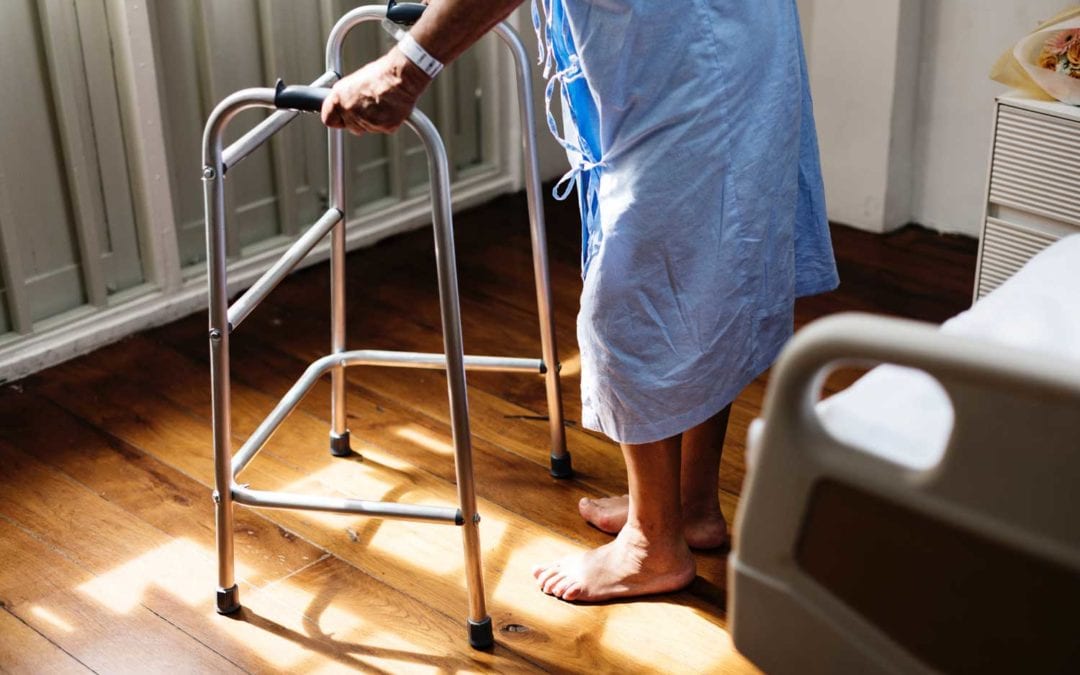A stroke happens when a blood clot disrupts the blood flow to the brain which may result in brain damage and even permanent disability. This condition can dramatically affect someone’s life and the recovery process varies from person to person. If you are caring for someone who has had a stroke, it is understandable for you to have a lot of questions as you will need to know their requirements when moving forward.
Here we have compiled the top 5 things you, as a primary caregiver, should know to properly care for a stroke survivor that can help you to manage in your new role:
1. Educate yourself
Caring for an adult stroke survivor requires more than basic assistance skills so it is vital for you to take advantage of every opportunity to learn about the situation, as well as the condition and prognosis. Remember to discuss and get updates on what the stroke recovery and rehabilitation process will be with the health care team.
2. Make home a safer place
If your loved one chose to be cared for in the comfort of his or her home, ensure that the living space is safe when they are ready to return home. Apart from getting rid of any trip hazards throughout the home, you might also want to consider installing adaptive tools such as grab rails in the shower and slip-resistant mats.
3. Know the risk factors for a second stroke
Having a stroke can increase the risk of another stroke, thus it is essential for you to know the contributing factors. Make sure that your loved one will stick with their treatment plan, encourage exercise, get them to quit smoking and maintain a healthy blood sugar level.
4. Be on the lookout for depression
Strokes can take an emotional toll and about 30 to 50 per cent of stroke survivors are at risk of developing depression. This can interfere with their recovery so as soon as you suspect that depression may be a factor, speak with their doctor at once and continue providing love and support as they cope with the change in situation.
5. Recovery is unpredictable
Understand that the recovery process for stroke survivors normally speeds up and slows down. Do not compare progress to those of other survivors’ as every situation varies from person to person. You cannot predict how long it will take for them to regain lost abilities as the outcome typically depends on the parts of the brain affected by the stroke, the time it took for them to receive medical treatment and the quality of rehabilitation.
Here, at Caremark, we strive to maintain our enviable reputation in providing exceptionally high standards of home care with the help of our committed management team and compassionate home care staff. We understand that specific support is an individual need so we make sure that our clients’ necessities and preferences are always met. For any questions, give us a call on 1800 844414 or send us an email at info@caremark.ie.

